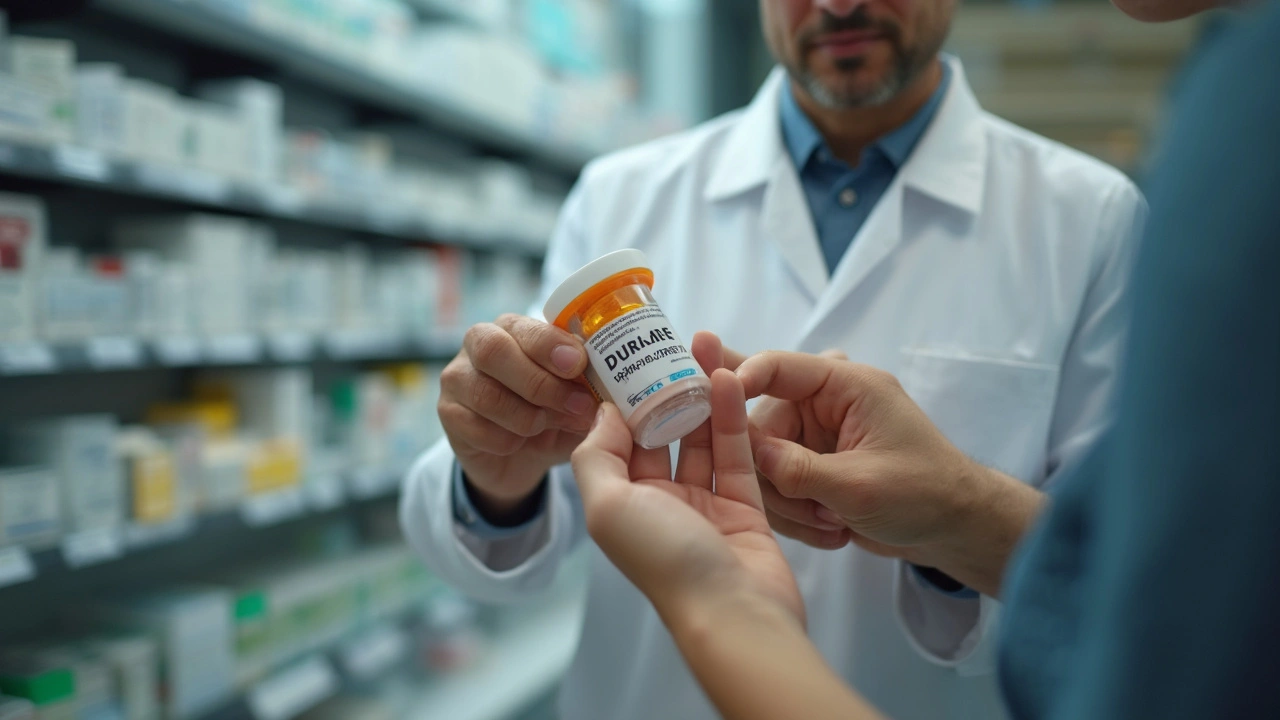Antibiotic: Practical Facts You Can Use Today
Antibiotics save lives, but using them wrong makes them less useful for everyone. This page gives clear, no-nonsense advice on when antibiotics help, how to take them safely, and how to shop for medicines online without getting burned.
When to Use Antibiotics
Antibiotics treat bacterial infections — not viruses. If you have a cold, most sore throats, or the flu, antibiotics usually won’t help. Ask your clinician if your infection is likely bacterial before you take pills. If your doctor prescribes an antibiotic, follow their dose and schedule. Stopping early can leave some bacteria alive and raise the chance of resistance. Don’t use leftovers or someone else’s prescription.
If you’re allergic to penicillin or have had a severe reaction to an antibiotic before, tell your provider. A different drug or test may be safer. For kids, dosing is based on weight, so don’t guess adult doses. For pregnant or breastfeeding people, many antibiotics are safe (like many penicillins and cephalosporins), but some — such as tetracyclines and certain fluoroquinolones — are usually avoided. Ask your clinician for options that work for you.
Practical Tips: Safe Use and Buying Online
Common side effects include upset stomach, diarrhea, or yeast infections. If you get severe diarrhea, especially with fever or blood, contact your doctor right away — that can be Clostridioides difficile, which needs quick care. A rash or signs of breathing trouble are red flags; stop the drug and seek urgent help.
Want to lower side effects? Take antibiotics with food if the label allows it. Probiotics or plain yogurt may help with mild antibiotic-associated diarrhea, but check with your clinician first. Avoid mixing antibiotics with alcohol when the label warns against it; some combinations cause nausea or other issues.
Buying antibiotics online can be safe if you pick reputable sources. Look for pharmacies that require a prescription, list a real address and phone number, and have clear return and privacy policies. Read recent reviews and compare prices, but don’t chase the cheapest option if it skips prescription checks. Our resource center has guides and reviews to help spot trustworthy online pharmacies.
Store medications as the label says — usually in a cool, dry place. Dispose of unused antibiotics properly; many pharmacies offer take-back programs. Never keep leftovers “just in case.” That encourages self-treatment without a proper diagnosis and promotes resistance.
To reduce the need for antibiotics in the first place, get recommended vaccines, practice good hand hygiene, and tend wounds promptly. If you’re unsure about an antibiotic or notice worrying symptoms, call your healthcare provider. Quick questions can prevent big problems.
Want more? Browse our articles on buying medications online, safe pharmacy choices, and specific drug guides to learn exactly what to check before you click "buy."

